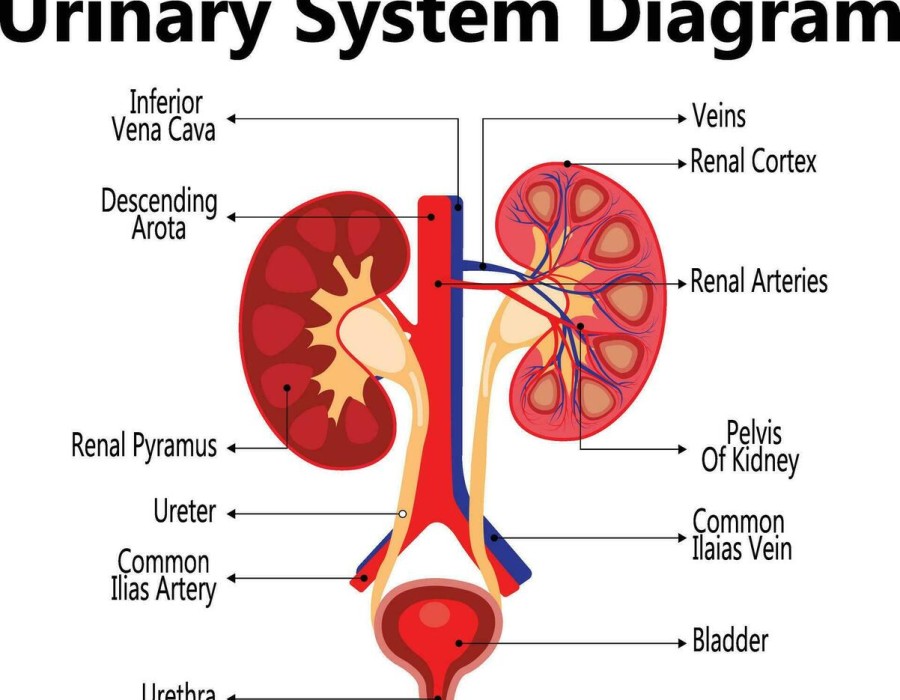Aging brings about various changes in the human body, and the urinary system is not exempt from these transformations. As we age, several physiological changes occur that impact the functioning of the urinary system, leading to potential issues such as incontinence, increased frequency of urination, and higher susceptibility to urinary tract infections (UTIs).
One of the primary changes is a decrease in bladder capacity and elasticity. The bladder muscles weaken over time, reducing its ability to hold urine for extended periods. This often results in a frequent need to urinate, including during nighttime (nocturia), which can disrupt sleep patterns and affect overall quality of life.
Additionally, the muscles of the urinary sphincters may weaken with age, leading to instances of urinary incontinence, where individuals may experience leaks of urine during activities such as coughing, sneezing, or lifting. This condition can vary in severity from mild to more significant forms that require medical intervention.
Another common issue affecting the elderly is an increased risk of urinary tract infections (UTIs). This vulnerability arises due to factors such as a weakened immune response, incomplete bladder emptying, or the presence of comorbidities such as diabetes or conditions affecting mobility. UTIs can cause discomfort, pain, and if left untreated, may lead to more serious complications such as kidney infections.
To mitigate these effects and promote better urinary health in older adults, several strategies can be employed:
- Stay Hydrated: Adequate hydration is crucial for maintaining urinary health. It helps in flushing out toxins and bacteria from the urinary tract, reducing the risk of infections.
- Pelvic Floor Exercises: Kegel exercises strengthen the muscles that support the bladder and urethra, which can help improve bladder control and reduce instances of urinary incontinence.
- Maintain a Healthy Diet: Eating a balanced diet rich in fiber and avoiding bladder irritants such as caffeine and alcohol can contribute to better urinary function.
- Regular Physical Activity: Engaging in regular physical exercise can help maintain overall muscle tone, including the muscles of the pelvic floor and bladder, which supports urinary control.
- Manage Chronic Conditions: Proper management of chronic conditions like diabetes and hypertension can reduce the risk of complications affecting the urinary system.
- Prompt Treatment of UTIs: Recognizing the symptoms of UTIs early and seeking prompt medical treatment can prevent the infection from spreading to the kidneys and minimize discomfort.
- Medication and Medical Interventions: In some cases, medication or medical interventions like surgery may be necessary to address specific urinary issues such as overactive bladder or prolapse.
- Regular Check-ups: Routine health check-ups with healthcare providers can help monitor urinary health and address any emerging issues promptly.
In conclusion, while aging inevitably brings changes to the urinary system that can impact daily life, proactive measures such as healthy lifestyle choices, exercises, and medical interventions when necessary can significantly mitigate these effects and promote better urinary health in older adults.





Comments